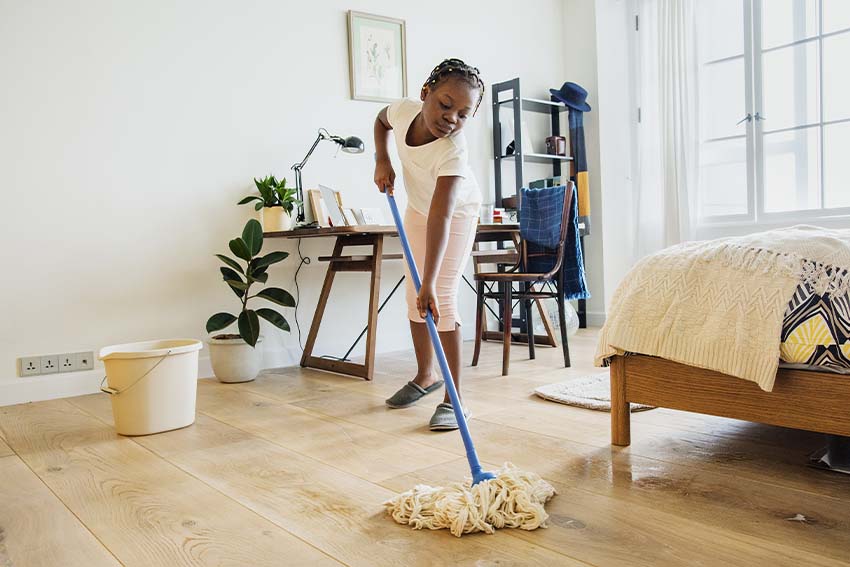My cousin’s husband’s jaw dropped when he realized that I was the younger of the two of us. He just couldn’t believe it. His children, my younger cousins, also were shocked. Even as we got older, I was treated as the more reliable one, the more responsible one, and the more competent one. Those traits, while definitely useful to and exploited by parents, aren’t necessarily valued or appreciated – not if you are the girl in a Caribbean family. In some families, not age or ability, but gender trumps all.
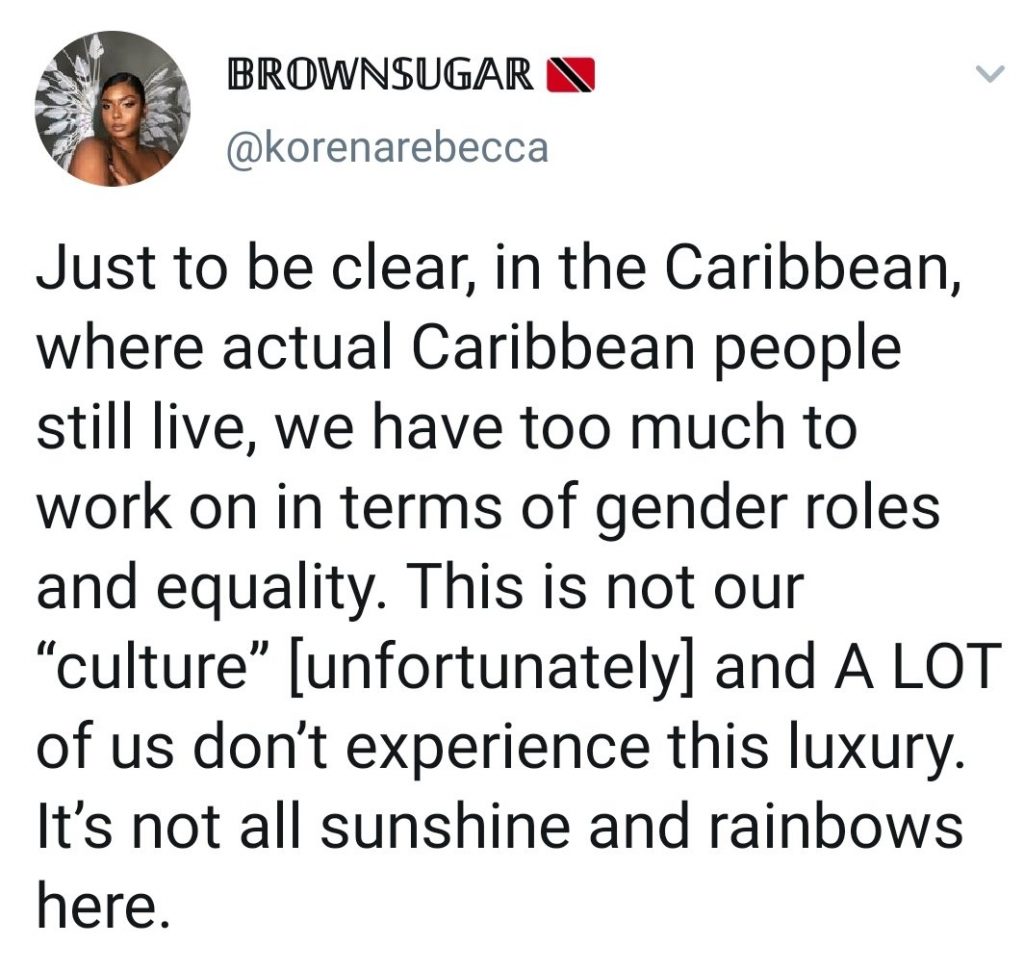
It took me quite some time to find out that it wasn’t that way in all families. My family was a bit confusing, actually. My dad cooked, did laundry, and did the yard work. It wasn’t all the time, but it had to happen because both of my parents worked full-time jobs. Some level of cooperation and sharing of household duties was required in order for things to happen. It wasn’t an equal share, we occasionally had help, but when we kids were old enough to do chores, the bulk of them fell to me – even though I was the younger child by four years.
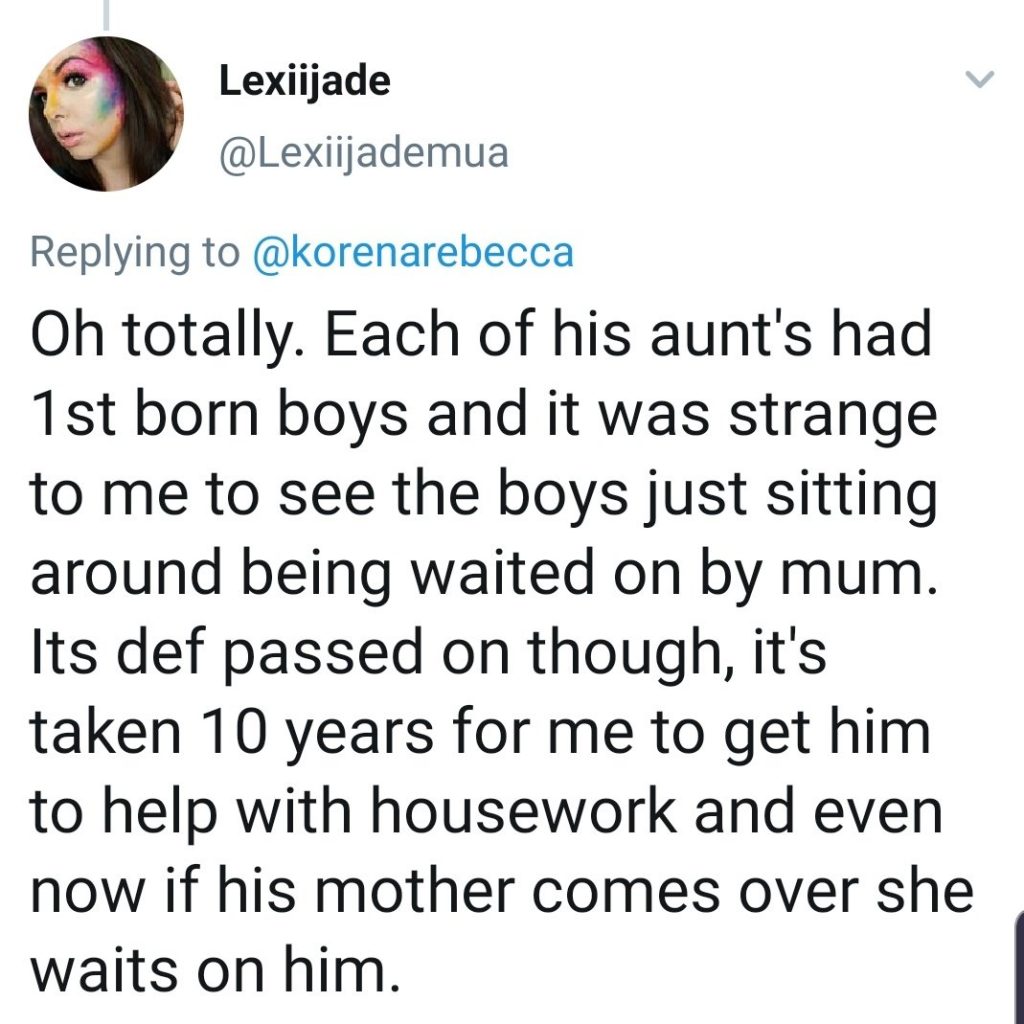
He’s a boy, he can pick up cans by di side ah di road an still be alright. He can find a woman to take care of him. You? You will always have to work hard.
When I asked, “why doesn’t he have to do anything?” I was told, “He’s a boy, he can pick up cans by di side ah di road an still be alright. He can find a woman to take care of him. You? You will always have to work hard.” So I learned to do a lot of things.
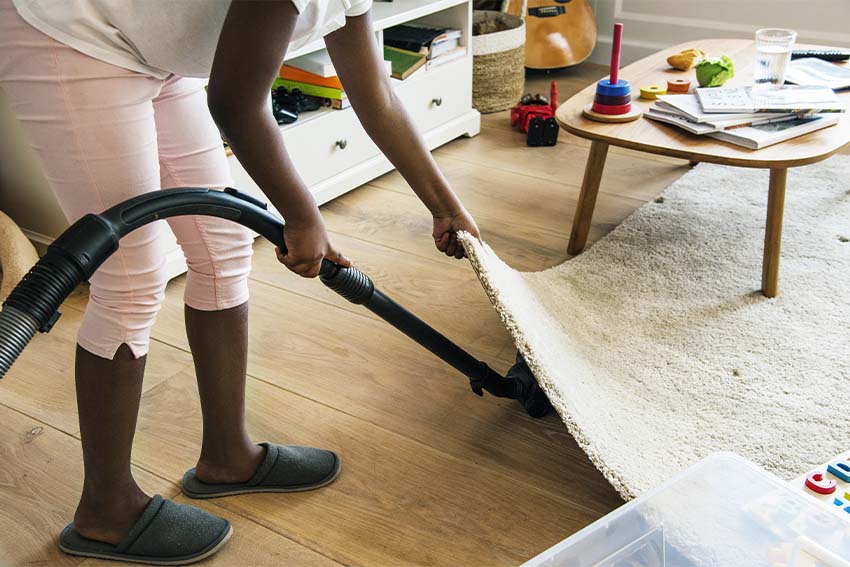
I learned to cook, clean, wash clothes, iron, cut the grass, and build things out of wood. He stayed indoors so as not to injure himself doing anything, and I went outside and watched my dad with his power tools embark on his weekend quest to build the ultimate “wag.” The wag was a big wooden cart of sorts that he built to carry pine straw that we raked into piles and hauled it off into the woods. We would both rake for a while, my brother would get a splinter, my mom would rescue her “boy chile,” and then I’d rake alone until the mosquito hour – right before my sweat could fully mix with the fine dirt on my face, dry and become grainy – dusk.
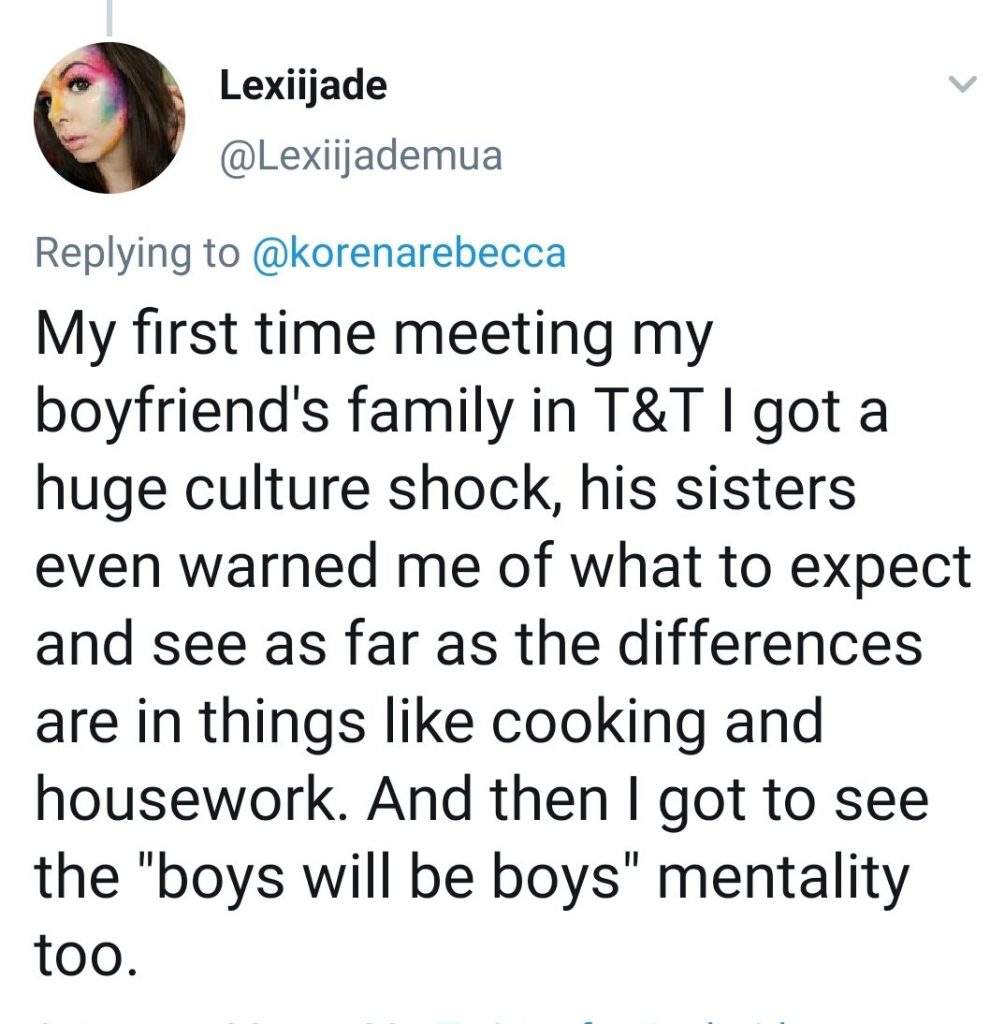
My dad and I would load up the last set of pine straw in the “wag” and take it deep into the woods. When we came back out, it was dark. By the time we finally parked the wag and trudged inside, my mom would have made dinner, and my brother would have showered and started on an alternating marathon of playing Atari games and reading Hardy Boys books. After we ate dinner, we would clear the table, and either my dad or I would do the dishes. As I got older, the job fell to me entirely – a lot of the jobs did.
Related: “Gym Boots” and Gender Equality: 19 Writing Prompts to Inspire and Enlighten Your Daughters and Sons
In my teens, I did his back to school shopping for him. My mother would give me the money, and since I would be at the mall anyway, I did it. She would add a little extra so that I could get something for myself – like it was my fee for the service. At least I got paid, right? In my twenties, I did a myriad of jobs for my brother – something like a personal assistant – as if I didn’t have my own stuff to deal with being a single parent. He did play the fun uncle role for a little while, but when it came to taking care of my mom after the heart surgery, the stroke, the knee replacement, the next stroke, and the next stroke, that was my job. He was given no assignment. And why should he have been given one? I was the one who had been trained for this.
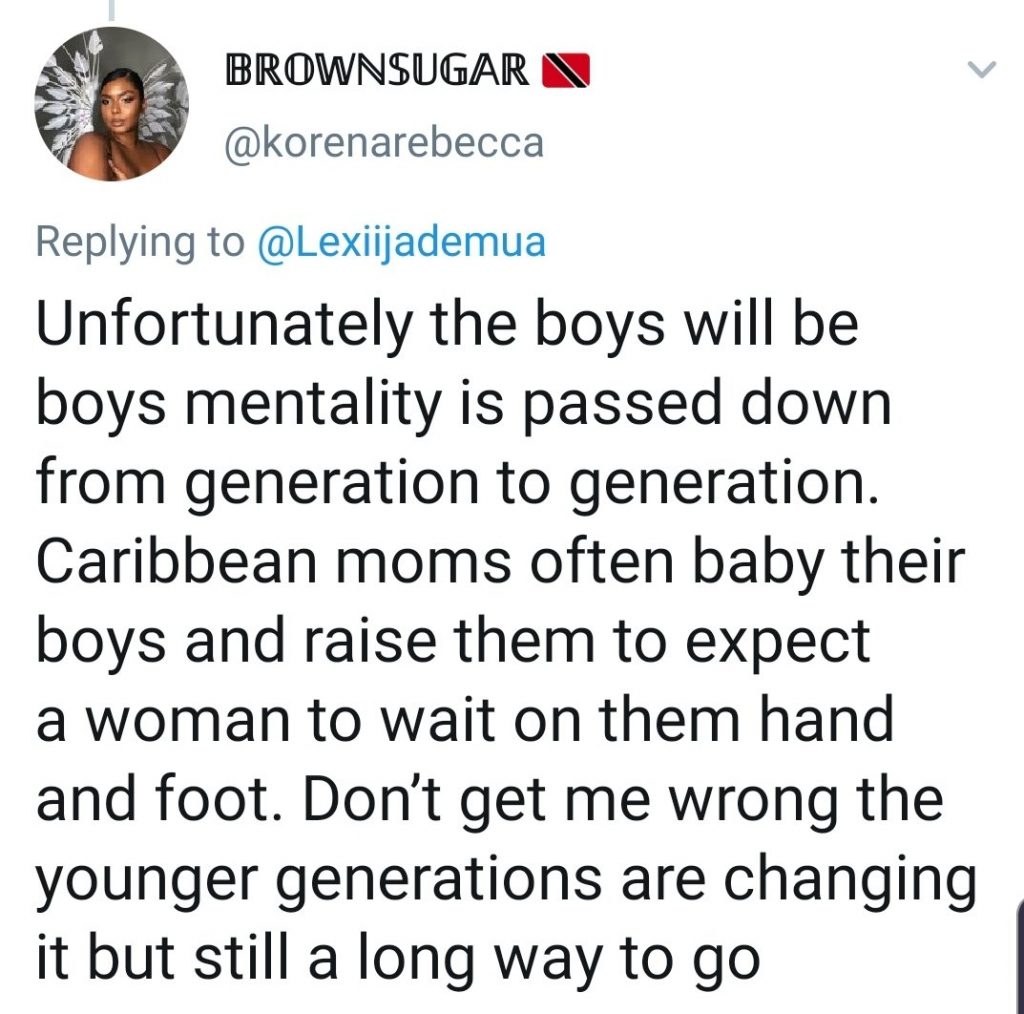
Related: Caribbean Parenting Amongst the Weeds
When my oldest son reached the age to do real household chores, I made sure he knew how to wash dishes, clean the bathroom, wash his own clothes, make a grocery list, cut grass (his dad did that – when I heard myself starting to rescue him like my mom did my brother, I stopped – and just requested he wear long pants and eye protection), take out the trash, cook for the family, and other basics.
By the time I had my younger two, they both knew what was in store for them as they hit their teens. I try my best not to discriminate, which is easier since the younger two are so close in age, and we don’t talk about what men are supposed to do and what women are supposed to do. Everybody cooks, everybody cleans, and everybody washes clothes. My middle son and I assembled his dresser together, while my daughter and her dad put hers together.
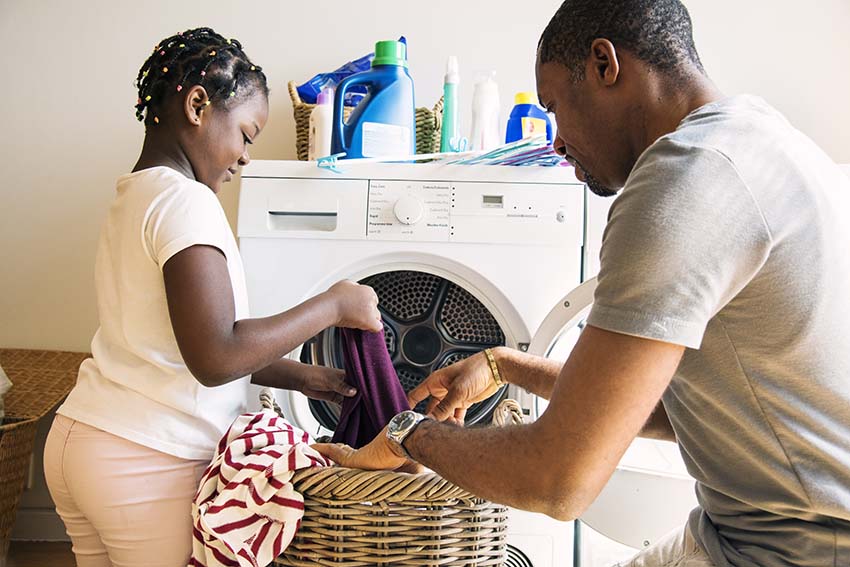
The last thing I want is for my kids to feel the way I felt – like just because of their gender, they will have to be more prepared for life than someone else who is fully capable of working just as hard. I love hearing stories of women my age growing up in the Caribbean with dads who showed them how to make dumplings, and men whose mothers taught them how to make black cake.
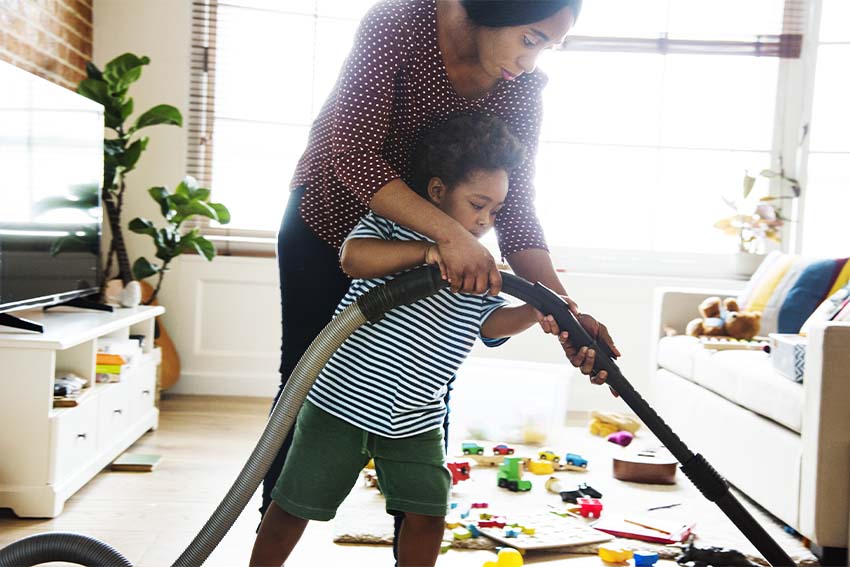
We all have our own opinions about whether girls and boys should compete with each other in sports, we have already resolved the argument about whether women should be paid the same wages for the same job (we should), but at home, boys and girls should not have to relegated to certain tasks or a certain position in the family based on whether they got a Y chromosome or not. It is up to us to break these cycles and call it out as gender discrimination when we see it, even if it is in our own homes. All the work should not rest on her shoulders.
DISCUSSION:
I thought it was interesting how Caribbean American people on Twitter believed that the examples of Caribbean dads jumping in and helping with the kids was the norm, and applied it to everyone in a blanket statement. Just because something happens in one Caribbean family, doesn’t mean it happens in ALL Caribbean families. Of course there are elements of it that are perpetuated by the culture as a whole, as it is in many cultures, but a lot of it is carried on family by family, in different forms, for generations. What was it like in your home? Were women expected to wait on men? Were women treated as equals? What was the division of labor like in the household you were raised in?
If you like discussions like these, join us in the SocaMom Caribbean Cafe on Facebook.
